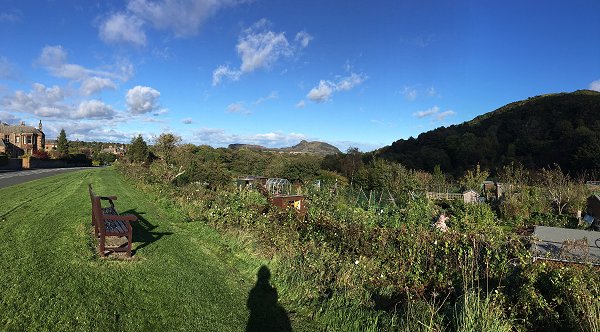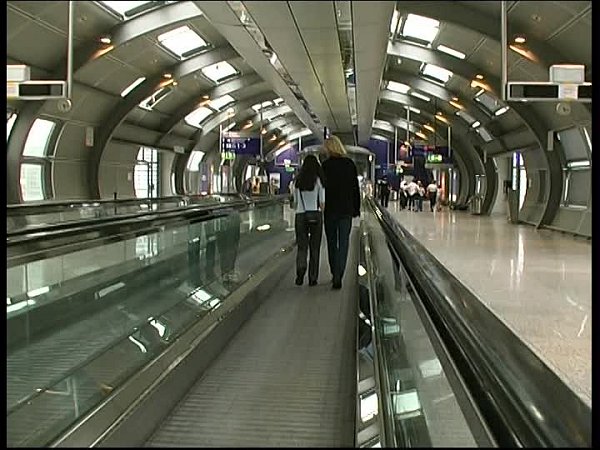For the Guardian and its readers, everything is political. Even walking for pleasure.
A reader describes her evening walks through Edinburgh and of course feels the need to shoehorn some leftie rhetoric into her prose:
The families, joggers and dog walkers in Braidburn Valley Park help me shake off the stress and insincerity of my corporate job.
Virtue signalling alert! What the hell is this woe-is-me bullshit? If her ‘insincere corporate job’ (that she presumably wasn’t forced into at gunpoint) clashes so hard with her ethics, what’s stopping her from resigning and applying for a less well-paid job at a non-profit organisation? Hmmm? Would the filthy lucre be too much to give up, by any chance?

I’ll then head towards Hermitage Drive – where I might resent the obvious wealth if I weren’t so chilled out.
“Resent the obvious wealth”? Yeah, how dare these people be richer than she is! The sheer nerve!

Can I just point out that she walks through that area by choice, because it’s pretty. And why is it pretty? Because the locals have the means to make it that way and keep it that way. If she doesn’t want to be surrounded by the trappings of wealth, may I recommend walking through the nearest council estate instead? Urban decay galore! Nothing to be envious of!

Then we have this other reader:
I am very fortunate that I can walk and do not require a wheelchair; however, my disabilities cause me severe pain if I walk long distances. There are millions like me who fall into the zone between able-bodied and wheelchair confined. When I hear the term “pedestrian friendly”, my first thought is “disability unfriendly”.
This person lives in the USA, where pretty much everything is car-friendly by design and pedestrian-friendly features are few and far between. The average American never needs to walk anywhere. And that’s still not good enough! She still feels discriminated against!

It is rather disingenuous to say “I do not require a wheelchair” if she can only walk short distances without excruciating pain. If she refuses to use a wheelchair when she needs one, what exactly is the city supposed to do to accommodate her? Provide conveyor belts? Or maybe she could just ignore the pedestrian-friendly areas, get in her car and drive wherever she wants!
There is a new outdoor mall near me with a pedestrian-friendly town centre design. It is a sprawling, lively place, but I can’t shop there.
Look, it’s very sad that she can’t walk very well or very far, but it’s nobody else’s fault. That mall wasn’t built to spite her personally, it was build to give pedestrians a bit of a break from the all-pervasive car culture. Not everything can be or should be inclusive (controversial statement).
Walking needs to be encouraged in a way that does not forget about the needs of the disabled.
Like how? Genuine question. What are these needs? How are pedestrian-friendly areas supposed to welcome someone who can only walk short distances but won’t use a car or a wheelchair?

